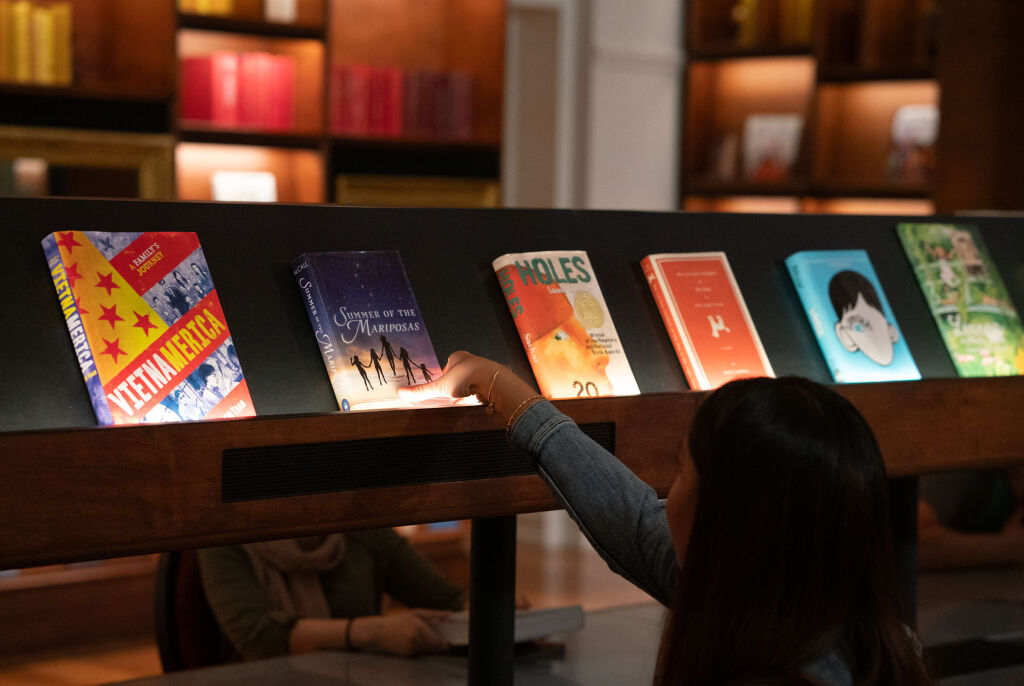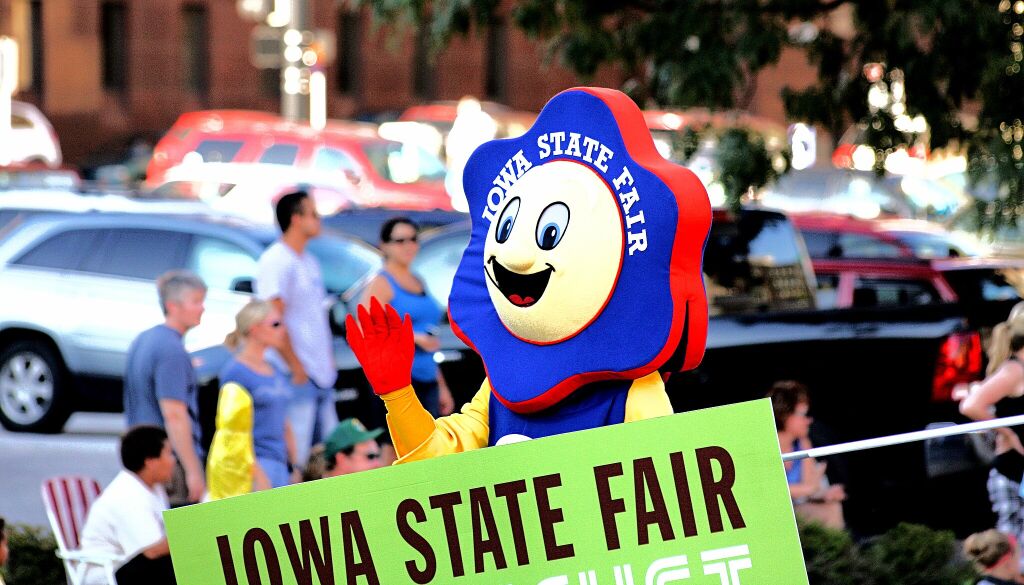Words and Actions
Planet Word was intended to be place where people would have fun with language, a joyful place where people would come together to use their words, that shined a spotlight on the too-long neglected “artifacts of our lives” — words. Its content would lead visitors to pay attention to their power. And to my delight, Planet Word became a place that over the past two years has brought that joy and mindfulness to tens of thousands of visitors.
But lately words are not those overlooked, neglected, ephemeral small objects — not because of anything Planet Word has done, but because of what has been happening in the wider world. There is indeed a spotlight shining on words, but not for the reasons I’d wished for or contemplated.
This undesirable kind of focus on words started with former President Trump’s willingness to say things that were previously kept under wraps, starting with anti-Muslim rhetoric and spreading to slurs against immigrants and name-calling against the media or anyone who disagreed with him or using an anti-Chinese epithet when referring to Covid. Then his rhetoric took on fighting words and imagery, culminating with the attack on the Capitol on Jan. 6, 2021.
The connection between vengeful rhetoric and actual physical violence has far too much devastating historic precedent: Words that advocate hate often lead to violence, whether intentionally or not. Think of the Holocaust. Think of Hutu radio messages in Rwanda in 1994 that led to genocide of their rivals, the Tutsi. And now, after years of vilifying Nancy Pelosi, witness how rhetoric led someone to break into her house with murderous intentions and take out his demented ideas on her husband. (The baseness of people who would make jokes about the attack on Pelosi’s husband defies comprehension.) We shouldn’t have been surprised, though. And a powerful new novel all about the power of language, Our Missing Hearts, by Celeste Ng, depicts a dystopian future where words lead to targeting Asians as a scapegoat for domestic crises.
After the attack on Paul Pelosi, Michael Steele, the former Republican lieutenant governor of Maryland, told the Washington Post that the political climate has changed. So, he said, “when Donald Trump back during the 2016 campaign talks about beating the hell out of someone, he meant that literally and people took it literally.” He continued, “if I don’t like your political position or what you’re saying, it’s okay to get up in your face physically.”
On my way home from the museum this past Tuesday, I passed some young men attaching a giant, lewd banner about Democrats on a fence on the Beltway overpass near my house. I did a double take — the crude message was obviously aimed at Democrats in very blue Maryland. Were they simply exercising their constitutional right to free speech? Did they have or need a permit? Were they defacing public property? Did they think the banner was just a joke? I sat in my driveway and wondered what to do — should I turn around and go back and engage them and try to use words and a civil tone to understand their point of view and explain mine? Should I tell them why I believe using words to divide us is not the solution to making America great again?
But I didn’t — I chickened out. I called two people who both urged me not to get involved, that it would be dangerous for me to approach them all by myself — on a busy road, on an overpass, high above the freeway. They advised me to make my arguments through Planet Word instead — hence this article — and where ideas about tolerance and using words to build understanding would have a much wider reach than any conversation I could have with this small group of troublemakers.
The very next evening, many commentators criticized President Biden for giving a speech on threats to democracy, saying it was too political to give right before an election, that it was too partisan. But I think I understand his urgency in going ahead — this election may be the last chance we have to take a stand against the lies that are undermining our democracy, which, while hardly perfect, is the best system we’ve got, “if we can keep it.”
Voting is how democracies turn words into action, and how democracies survive, so let’s all use our words and voices in the voting booth Tuesday, where they can have the greatest impact.
— Ann Friedman, founder of Planet Word



